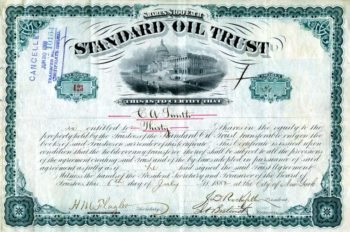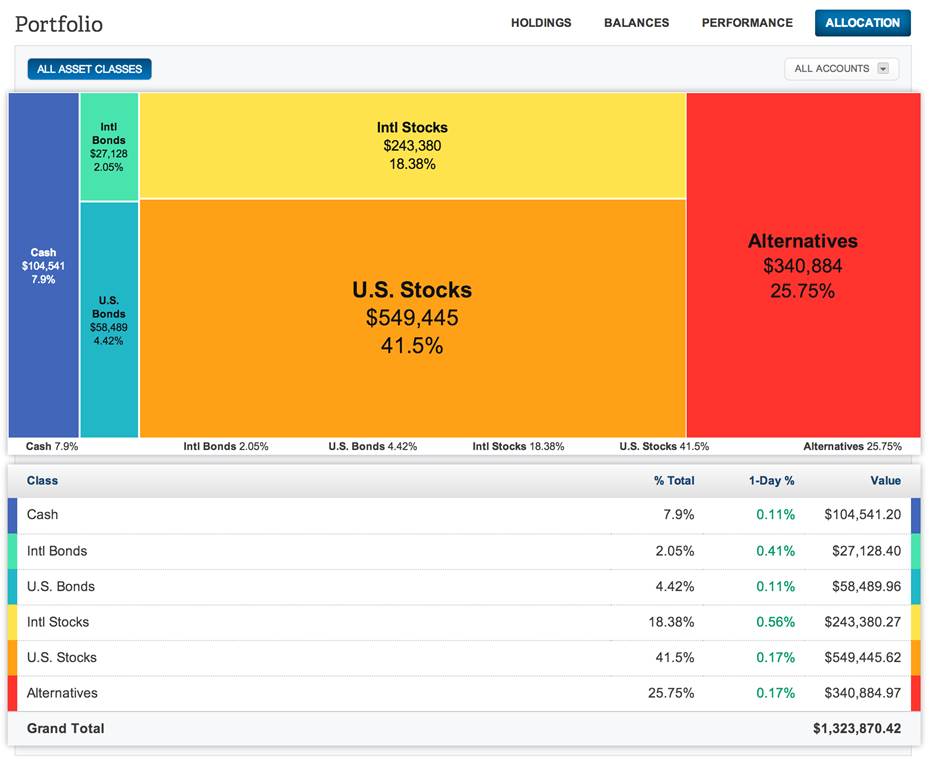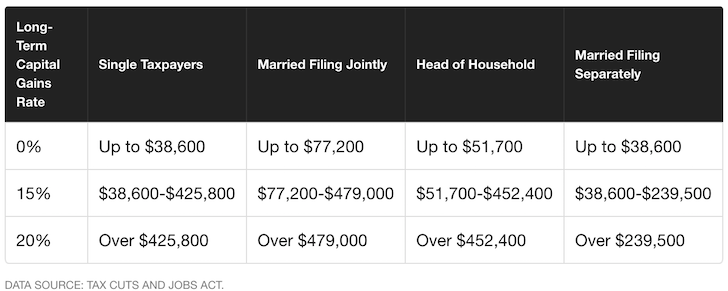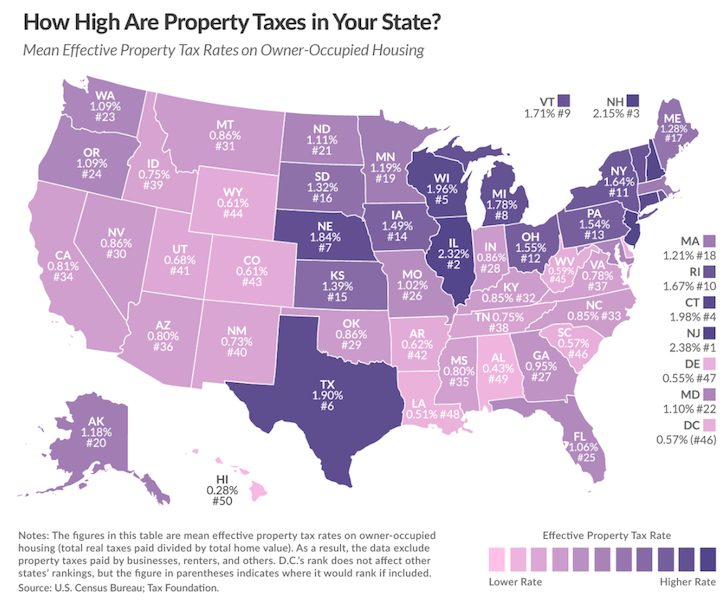 I was expecting much more backlash from coastal city folks in my article, Why Real Estate Will Always Be More Desirable Than Stocks, but instead, I got heat from folks who live in the Midwest. The general feedback was that Midwesterners never felt anti-housing rage and that I’m a fool for preferring real estate over stocks since they’ve made more money in the stock market.
I was expecting much more backlash from coastal city folks in my article, Why Real Estate Will Always Be More Desirable Than Stocks, but instead, I got heat from folks who live in the Midwest. The general feedback was that Midwesterners never felt anti-housing rage and that I’m a fool for preferring real estate over stocks since they’ve made more money in the stock market.
Well obviously you aren’t going to feel a lot of anti-housing rage if you can buy a beautiful house for $280,000 a couple years out of school! And obviously you have a better chance of making a larger absolute return on your investment with stocks since housing is so cheap. We already know that in the long run, stocks outperform real estate, un-levered.
What I do predict with great confidence is that 20-30 years from now, the anti-housing rage will have spread to the Midwest. Money is fungible. It will go where the returns are highest. Residents from San Francisco, LA, Seattle, New York, Washington DC, and Miami will bring their bags of cash and either buy up non-coastal real estate directly through REITs or through real estate crowdfunding deals.
Making a fortune is about predicting long-term trends, and I’m certain diversity will continue to spread across America. Technology will make paying $4,600 a month for a two bedroom in a congested city like San Francisco no longer necessary because you no longer need to work in an office. By 2030, there will be more freelancers than W2 workers because today already ~35% of the American workforce are freelancers.
Every opportunity will eventually be arbitraged away. Thankfully, such trends can take decades to play out. Face reality or get left behind.
Why I’m Always Going To Own A Good Amount Of Stocks
After selling my SF rental house and reinvesting the proceeds, I’ve got roughly 30% of my net worth in stocks. Although stocks give me zero pleasure, they are a necessary component of my asset allocation because history has shown that stocks outperform inflation by 3-5X.
Here are some reasons why stocks may be more attractive than real estate.
1) Higher rate of return. Over the past 60 years, stocks have historically returned ~7-10% a year compared to 2-4% for real estate. You can also go on margin to boost your stock returns. However, I don’t recommend this strategy given your broker will force you to liquidate holdings to come up with cash if things go the other way. With real estate, your bank can’t force you to come up with cash or move out so long as you continue paying your mortgage.

2) Much more liquid. If you don’t like a stock or need immediate cash, you can easily sell your stock holdings. If you need to cash out of real estate you could theoretically take out a home equity line of credit, but it’s costly, needs getting approval, and takes at least a month to open up a new account. I tried unsuccessfully to sell one property in 2012. It took a stressful 45 days to finally sell the same property in 2017. With stocks, it’s so nice to be able to simply click a couple buttons and be done.
3) Lower transaction costs. Online transaction costs are under $5 a trade no matter how much you have to buy or sell. The real estate industry is still an oligopoly which still fixes commissions at a ridiculously high level of 5-6%. You would think with the growth of companies like Zillow and Redfin transaction costs would significantly decline, but unfortunately they’ve done very little to help lower expenses for the consumer.
Check out this detailed breakdown of how much it would cost to sell a $1,850,000 home. If they charged a 6% commission fee, the cost would be $18,500 more!
4) Less work. Real estate takes constant managing due to maintenance, conflicts with neighbors, and tenant rotation. Stocks can literally be left alone forever while paying out quarterly dividends. Without maintenance you’re able to focus your attention elsewhere such as spending time with family, your business, or traveling the world. If it made you feel more comfortable, you could hire a money manager for a fee of under 1% to manage your investments. Or you could just track and manage your portfolio yourself for free like I’ve done for the past 22 years.

Log onto dashboard and click Investing -> Holdings to get an overview of all accounts
5) More diversification. Unless you are super rich, you can’t own properties in Honolulu, San Francisco, Rio, Amsterdam and all the other great cities of the world. With stocks you can not only invest in different countries, you can also invest in various sectors. A well diversified stock portfolio could very well be less volatile than a property portfolio. People forget that buying property is a highly concentrated bet, often with debt, in a single asset.
6) Invest in products you care about. One of the most fun aspects about the stock market is that you can invest in what you use. Let’s say you are a huge fan of Apple products, McDonald’s cheeseburgers, and Lululemon yoga pants. You can simply buy AAPL, MCD, and LULU. It’s a great feeling to not only use the products you invest in, but make money off your investments as well. As soon as we started actively using Netflix in 2011, we bought some shares that have done well (wish I put my life savings in the stock in 2006 when Reed Hastings, the founder spoke at my Berkeley MBA commencement!). As soon as my wife signed up for Amazon Prime in 2016, we also bought some shares.
7) Tax benefits. For capital gains and qualified dividends, the maximum tax rate is 15% for taxpayers in the lower tax brackets. For those in the highest tax bracket, the tax rate is 23.8%, including the 3.8% Net Investment Income Tax, associated with the Patient Protection and Affordable Care Act. Short-term capital gains tax (<1 year holding period) will be taxed at the normal marginal income tax rate.

Although these tax rates are quite reasonable, they can’t compete with the $250K/$500K tax free gains for singles/married couples who sell their homes after living in it for 2 out of the last 5. Now that’s some great tax savings!
8) Protecting your investment in a downturn is easier. If you think the end is near you can easily sell a stock or short it. But if the real estate floor gives way, there will be no reasonable offers as vultures will start swarming. If you think the real estate market is about to implode, you can short homebuilder stocks like KB Homes, a homebuilding ETF like XHG, a real estate play like Home Depot, a REIT like O, or mortgage backed securities. But these hedges are inefficient. At least with physical real estate, you can buy insurance. But is buying insurance really a benefit when no insurance is required to buy stocks?
9) Less taxes and fees. Holding property requires paying property taxes usually equal to 0.5 – 2.5% of the value of the property each year. In 40 – 200 years, you’ll have paid for the full value of your property in taxes alone. Then there’s maintenance costs, insurance costs, property management costs, and transaction costs to deal with. With stocks, you can build a portfolio of ETFs for free on Fidelity. Or you can have a digital wealth advisor build and maintain your investment portfolio for just 0.25% a year.
From a property tax perspective, the only states that seem reasonable to own property are Hawaii (0.28%), Florida (1.06%, no state income taxes), Washington (1.09%, no state income taxes), Wyoming (0.61%), Colorado (0.61%), Utah (0.68%), South Carolina (0.57%), Louisiana (0.51%), Arkansas (0.62%), Alabama (0.43%), and Nevada (0.86%, no state income taxes).

Property taxes by state
Characteristics Most Suitable For Real Estate
* Believe wealth is made up of real assets not paper.
* Know where you want to live for at least five years.
* Do not do well in volatile environments.
* Easily spooked by downturns.
* Tend to buy and sell too often.
* Enjoy interacting with people.
* Takes pride in ownership.
* Likes to feel more in control.
Characteristics Most Suitable For Stocks
* Happy to give up control to those who should know better.
* Can stomach higher levels of volatility.
* Have tremendous discipline not to chase rallies and sell when things are imploding.
* Likes to trade.
* Enjoys studying economics, politics, and researching stocks.
* Don’t want to be tied down.
* Have a limited amount of capital to invest.
The Main Reason Why I Own Stocks Today
Real estate is a younger person’s asset class. I had all the energy in the world in my 20s and 30s to buy and manage real estate. Now that I’m in my 40s and have a wife and son to take care of, I simply do not have enough time or desire to manage real estate. The same thing goes for buying and selling cars. I had 10 cars between 22 – 34 because I was a car addict. I loved meeting up with people on Craigslist to haggle. Now, I’m happy to own one car for 10 years if it lasts that long.
If you want to own real estate build your empire when you’re young. You won’t have the energy once you’re middle-aged. I’m thankful the 2/2 condo I bought in 2003 is fully paid off. We’re thankful we got through remodeling hell at our current residence before our son was born. Now, we just want to own stocks, bonds, REITs, and real estate crowdfunding with our incremental investments.
A simple life is a happier life!
Readers, what are some other reasons why I prefer stocks over real estate? How is your net worth composition currently?
Related: Recommended Net Worth Allocation By Age Or Work Experience
The post The Benefits Of Owning Stocks Over Real Estate For Certain Investors appeared first on Financial Samurai.

No comments:
Post a Comment